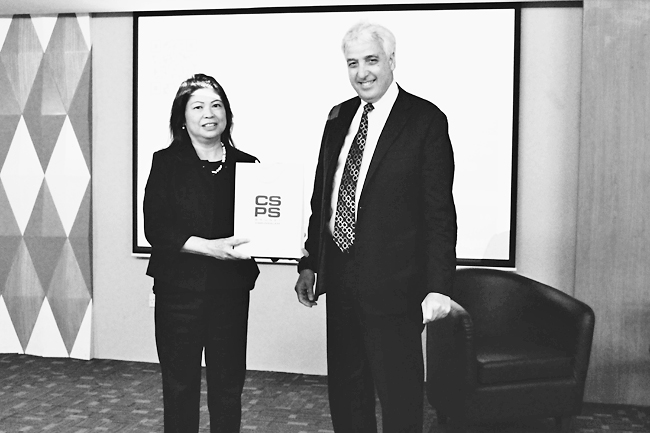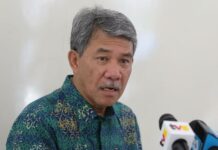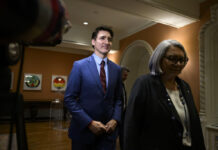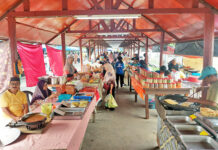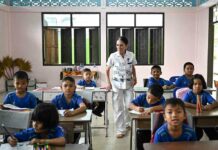James Kon
The global economy and commodity markets have been impacted by large shocks, particularly the COVID-19 pandemic and the conflict in Ukraine, among others.
Centre for Strategic and Policy Studies (CSPS) Executive Director and Chief Researcher Dr Diana Cheong highlighted this during the ‘Commodities and the Macroeconomy’ seminar at the CSPS recently, adding that commodity market developments directly affect Brunei’s natural resource-based economy and hence it is important to understand the impacts and spillovers to the broader economy.
The more than 80 invited participants included ambassadors, high commissioners, chief executive officers, managing directors and senior government officers and private sector officials.
Jointly organised by the CSPS and World Bank, the seminar discussed recent macroeconomic developments in Brunei Darussalam and the global commodity markets outlook.
Meanwhile, CSPS Senior Researcher and Head of Economics and Finance Unit Dr Koh Wee Chian presented a brief history of Brunei’s economic development, highlighting the limits of a resource-based growth model.
He shared recent key macroeconomic developments in the Sultanate and discussed the challenges of diversifying away from oil and gas into more complex products.
Senior economist at the World Bank’s Prospects Group and Head of the Commodities Unit Dr John Baffes presented the World Bank’s latest commodity markets outlook.
He highlighted that a sharp global growth slowdown is weighing on commodity prices, adding that Brent crude oil prices are projected to fall from USD100 per barrel in 2022 to USD92 per barrel in 2023 and USD80 per barrel in 2024.
